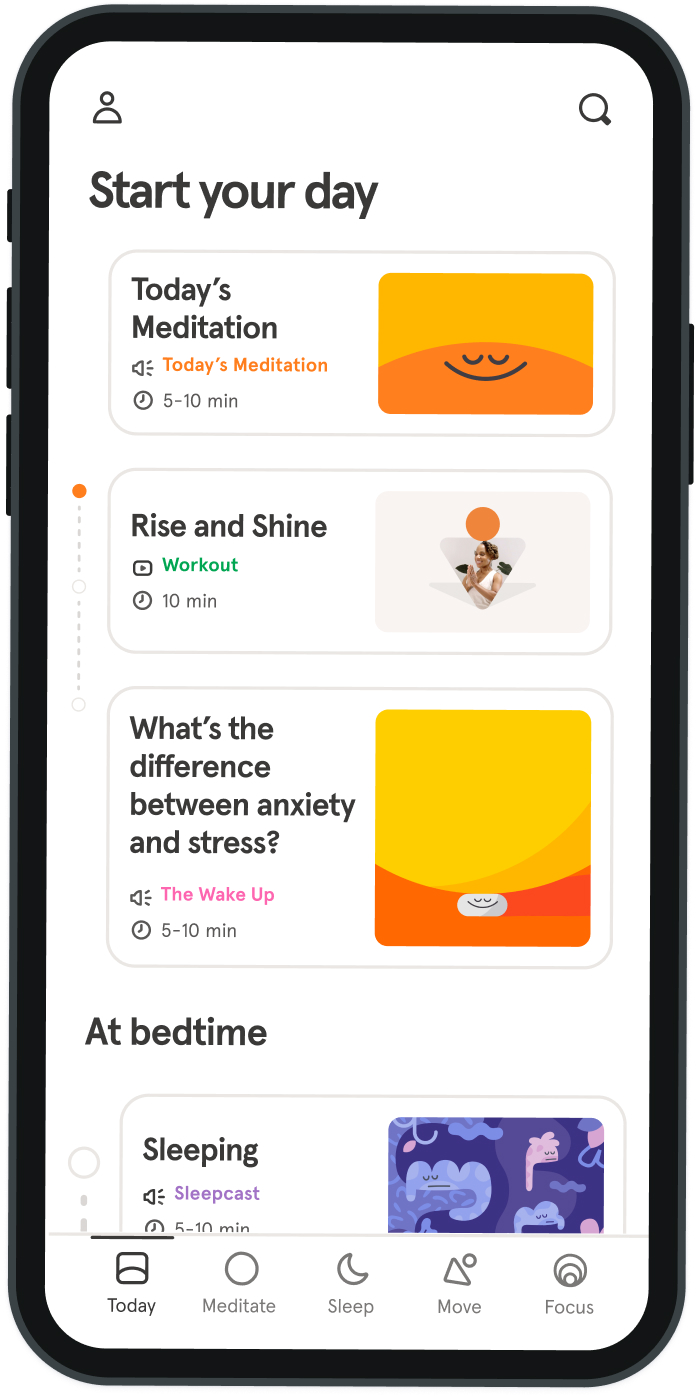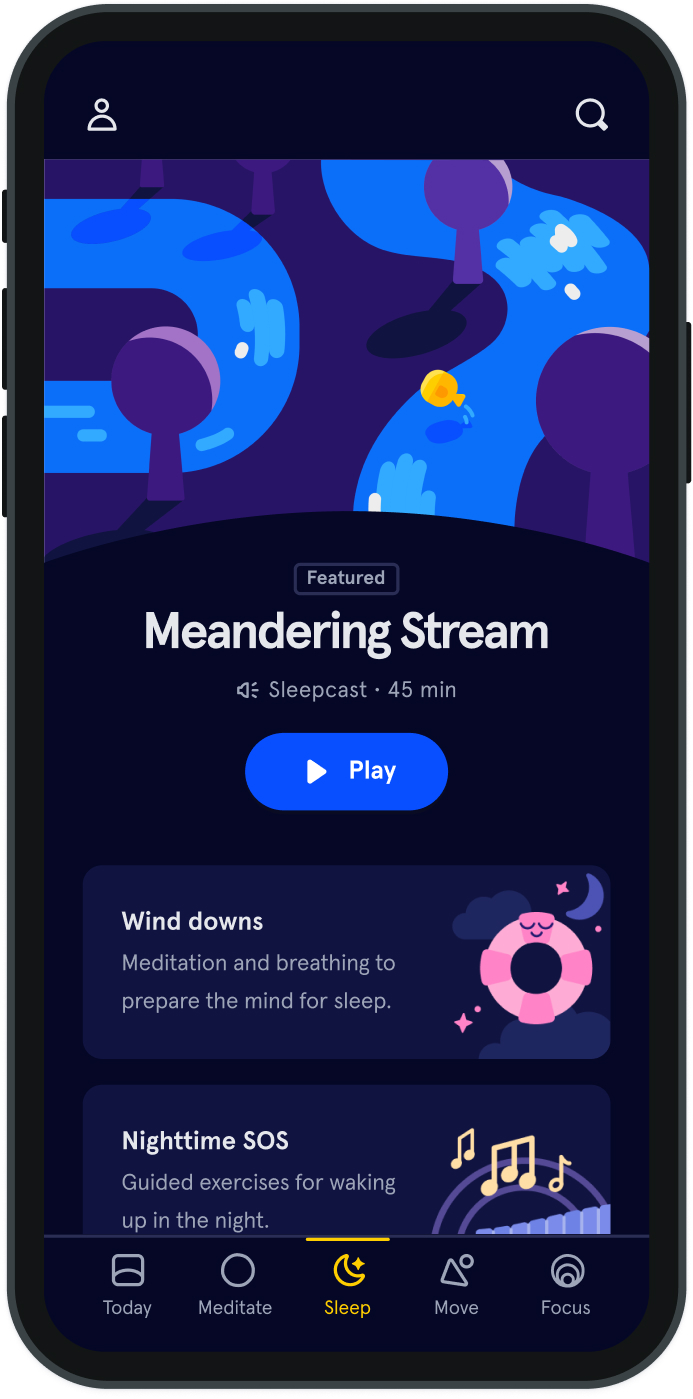"I dunno"
When was the last time you said “I dunno”? Remember that phrase? As a kid, you might’ve been reprimanded for using it when someone asked you a grown-up question.
Shrugging our shoulders and being comfortable in uncertainty is something we’re taught to grow out of as we learn to be responsible adults. And for good reason. It’s important to keep tabs on the infinite variables of everyday life, and wear a utility belt of answers for whatever situation comes flying at us. But sometimes the desire to know what’s going to happen next can become overwhelming. And the vastness of what might happen can become terrifying. Is your phone charged enough to last the day? Will you hear about the job you applied for? Are you going to end up destitute and alone? Hopefully not. But uncertainty can be a horrible feeling. So it’s ironic that when the lights go down in a movie theatre, or when we turn the pages of a good book, it’s the uncertainty—the anticipation of what might happen—that we relish. Like tearing paper off a gift, we seek entertainment in the uncertainty of storytelling. So why does not knowing what’s going to happen next in real life often feel so unsettling?
Psychotherapist and Cognitive Behavioral Therapy expert Tim LeBon says our need to know the outcome of any situation we face probably comes from a very pragmatic evolutionary bias. “Imagine two of your prehistoric ancestors gathering food,” LeBon starts. “One sees a berry and doesn’t pause to consider whether it’s poisonous, while the other won’t eat anything until they’re certain it’s safe. The cautious one is far more likely to have contributed to your gene pool.” Speculation was important in the perilous landscape of early human history, and our ancestors passed on their “safety first” genes with the best intentions. But this survival mechanism gets somewhat overworked in the modern world. The potential threat of becoming lunch for a saber-toothed tiger has been replaced by the potential threat of job rejections, social exclusion, and having rent due next week. The food chain of modern life is different, and our tendency toward neuroses shows that we’ve gracefully evolved from warriors to worriers. But if our internal radio has been fine-tuned over millions of years to seek control over uncertain outcomes, how do we turn down the volume? It might seem like the way to shrug off our prehistoric paranoia is to throw caution aside entirely. But LeBon stresses the importance of balancing adventurousness with caution. “It would be wrong to over-romanticize embracing uncertainty. But trying it in situations where there isn’t much at stake is a great place to start,” says LeBon.
Small acts of spontaneity, like trying different foods or new hobbies, can begin loosening our grip on that unhelpful need for certainty in bigger areas of our lives, where seeking control really is futile. “Perfect knowledge is not attainable,” LeBon points out, “so aiming for certainty all the time is like trying to defy the laws of gravity. But people often find that gradually trying new things can be unexpectedly rewarding, or at least not as harmful as they feared. This leads to a greater sense of ease with the larger, potentially scarier aspects of uncertainty.” So if you’re over-cautious, as many of us are, or if you worry too much about things you can’t control, like most of us do, then allowing some spontaneity into your decision making might be a liberating experience. The next time you feel that desperate I need to know how this will play out feeling, just shrug your shoulders, say “I dunno”, and see what happens.

Our tendency toward neuroses shows that we’ve gracefully evolved from warriors to worriers.
Ned Kelly


Be kind to your mind
- Access the full library of 500+ meditations on everything from stress, to resilience, to compassion
- Put your mind to bed with sleep sounds, music, and wind-down exercises
- Make mindfulness a part of your daily routine with tension-releasing workouts, relaxing yoga, Focus music playlists, and more
Meditation and mindfulness for any mind, any mood, any goal

Stay in the loop
Be the first to get updates on our latest content, special offers, and new features.
By signing up, you’re agreeing to receive marketing emails from Headspace. You can unsubscribe at any time. For more details, check out our Privacy Policy.
- © 2025 Headspace Inc.
- Terms & conditions
- Privacy policy
- Consumer Health Data
- Your privacy choices
- CA Privacy Notice
